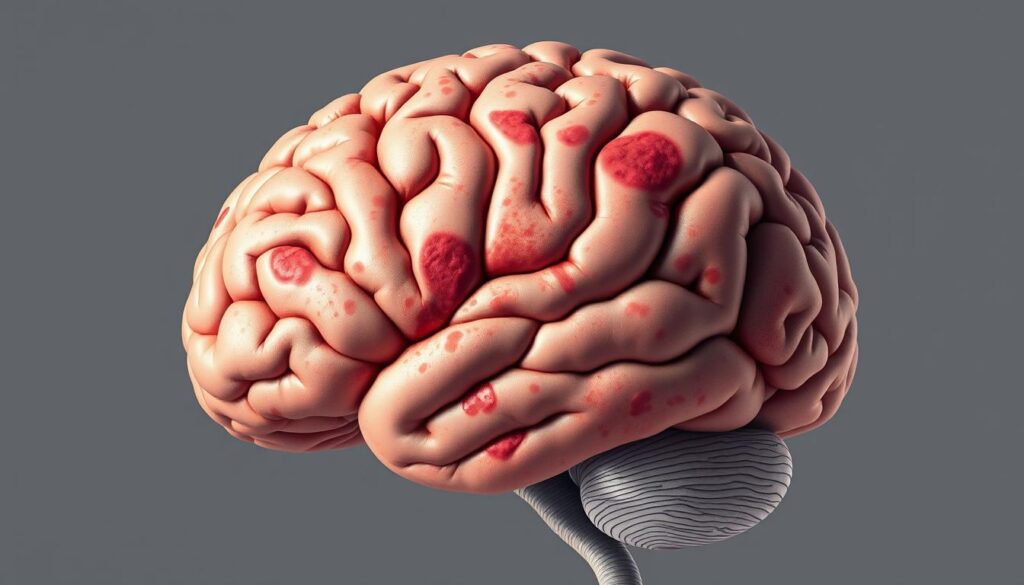
Stem Cell Treatment for Diabetes: Hope, Healing, and Honesty 🌱
At Auragens, we believe in the extraordinary potential of regenerative medicine—but also in the responsibility to communicate science with integrity. Diabetes, particularly Type 1 and Type 2, remains one of the most urgent and widespread chronic diseases in the world. While headlines occasionally emerge claiming that “China has cured diabetes with stem cells,” it is essential to distinguish between social media hype and scientific reality.
The Truth Behind the “Cure” Claims 🔎
In recent years, several international clinics—most notably in China—have promoted their stem cell-based treatments as a “cure” for diabetes. These claims are typically based on short-term improvements in blood sugar control and insulin independence among a limited set of patients. While these outcomes are indeed exciting, they do not constitute a cure in the true medical sense. Diabetes, especially Type 1, is a complex autoimmune and metabolic disease that requires comprehensive, long-term management.
It’s important for patients to understand: there is no verified, universally accepted cure for diabetes at this time, whether in China or anywhere else. However, there is hope—and stem cells may be part of that evolving picture.
What Stem Cell Therapy Can Realistically Achieve 🌟
At Auragens, we utilize umbilical cord-derived mesenchymal stem cells (UC-MSCs)—among the most studied and biologically potent regenerative cells available. These cells are known for their immunomodulatory, anti-inflammatory, and tissue-supporting properties. When administered to patients with diabetes, UC-MSCs may contribute to:
-
Reduced systemic inflammation, which plays a key role in both Type 1 and Type 2 diabetes progression.
-
Improved insulin sensitivity, particularly in Type 2 diabetes.
-
Modulation of immune response, potentially slowing the autoimmune attack on pancreatic beta cells in Type 1 diabetes.
-
Tissue microenvironment repair, promoting better vascular and metabolic function.








